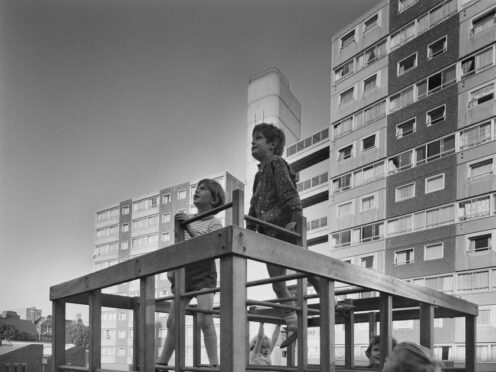Historic England has announced new grants aiming to uncover the country’s “overlooked” working class heritage.
The body wants to highlight everyday history by putting a spotlight on railways, mines, factories, pubs, clubs, shipyards and council estates.
Community organisations can apply for grants of up to £25,000 to fund projects that will celebrate the environment near them, with a specific focus on funding smaller grassroots projects of less than £10,000.

Each project should allow people to share “overlooked” or “untold” stories of the place where they live and are encouraged to also provide volunteering opportunities to young people facing loneliness or isolation.
Duncan Wilson, chief executive of Historic England, said: “The histories of castles and great houses and their inhabitants are well documented, but we know far less about our everyday heritage.
“From council estates, pubs and clubs, to farms, factories and shipyards, these are the places where most people have lived, worked and played for hundreds of years.
“We want to explore these untold stories and celebrate the people and places at the heart of our history.”
The project, called Everyday Heritage Grants: Celebrating Working Class Histories, is the first of a series planned for the next three years exploring the diversity of England’s heritage.
The grants are being delivered as part of its diversity and inclusion strategy, published in November 2020.
Heritage Minister Nigel Huddleston said: “Our heritage belongs to us all and should be accessible to everyone.
“I welcome plans for new community-led projects to tell the story of working people across the country, bringing our collective and shared history back to life.”
The grants will open on Wednesday February 23 and the closing date for submission of proposals is Monday May 23.
